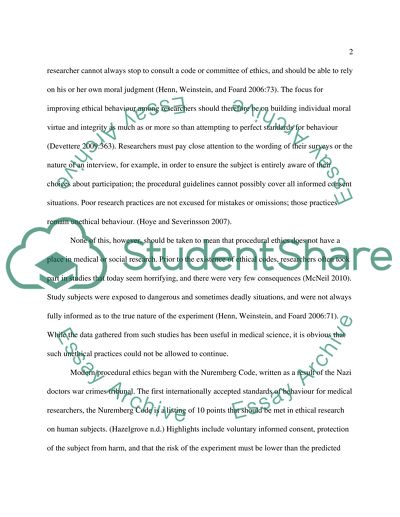Cite this document
(“Research methods Essay Example | Topics and Well Written Essays - 2000 words”, n.d.)
Retrieved from https://studentshare.org/environmental-studies/1407745-research-methods
Retrieved from https://studentshare.org/environmental-studies/1407745-research-methods
(Research Methods Essay Example | Topics and Well Written Essays - 2000 Words)
https://studentshare.org/environmental-studies/1407745-research-methods.
https://studentshare.org/environmental-studies/1407745-research-methods.
“Research Methods Essay Example | Topics and Well Written Essays - 2000 Words”, n.d. https://studentshare.org/environmental-studies/1407745-research-methods.


